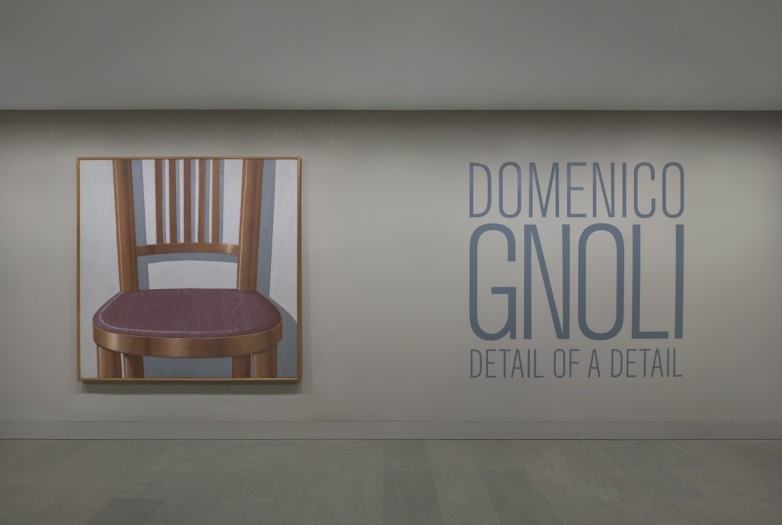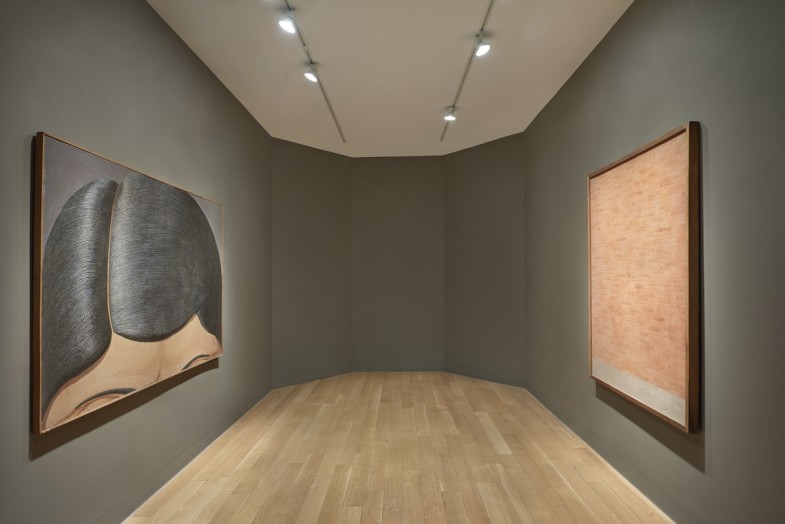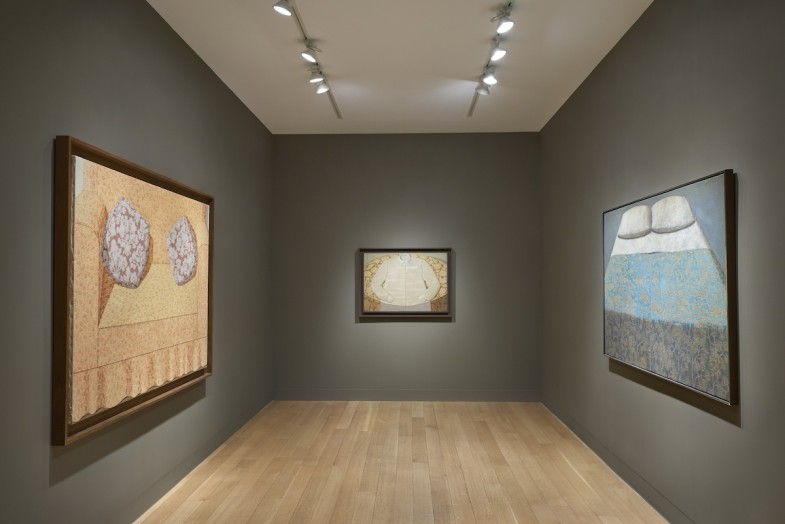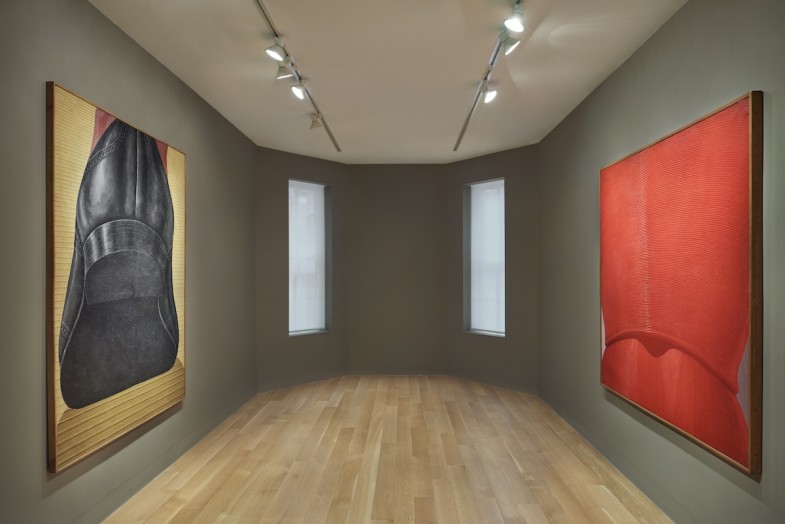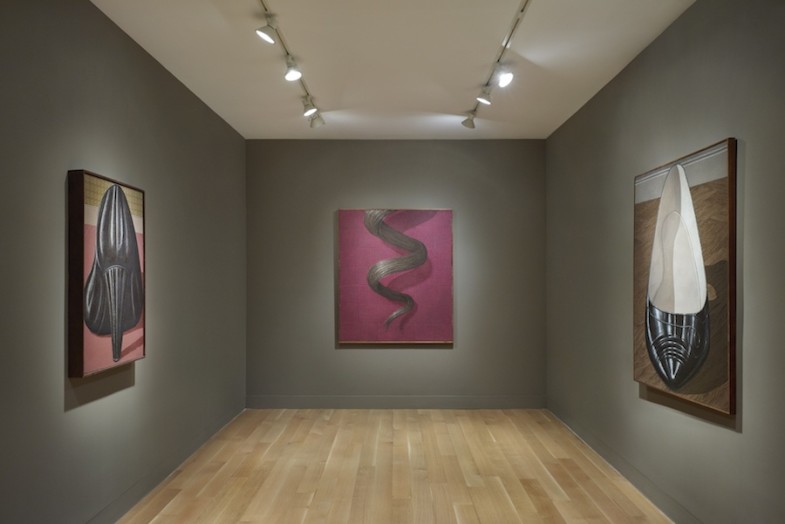Luxembourg & Dayan is pleased to announce that its second solo exhibition of work by the Italian artist Domenico Gnoli (1933-1970) will open in May 2018. The gallery's critically acclaimed 2012 exhibition was the first showing of Gnoli's paintings in the United States since his 1969 debut at Sidney Janis Gallery in New York City. With the upcoming exhibition, Luxembourg & Dayan will present rarely seen masterpieces from the 1960s and extend its ongoing research into the late artist's remarkable career with a fully illustrated catalogue and a new text by Italian curator and writer Cecilia Alemani.
Internationally admired theater and opera director Robert Carsen, who has cited Gnoli's work among his inspirations, will create the installation design for the exhibition at Luxembourg & Dayan. Gnoli was well-received in his too-brief lifetime as a theater set designer in Rome, and Carsen's affinity for the Italian artist's enigmatic, Surrealist-inflected work is evident in his own concepts for such productions as A Midsummer Night's Dream, which has travelled the world since its premiere in Aix-en-Provence in 1991. Robert Carsen has designed major museum exhibitions in Paris at the Musée d'Orsay, le Grand Palais, the Musée Galliera and the École des Beaux Arts, as well as the Art Institute of Chicago (including a major exhibition about Magritte), and the Royal Academy in London.
Domenico Gnoli died in 1970 at the age of 36, just months after his enthusiastically received first show at Sidney Janis, leaving behind an arresting, mysterious oeuvre comprising paintings, drawings, prints, and theatrical set designs. He developed his signature approach to painting in the decade leading up to his New York debut and introduced there a fully formed vision in a single flourish. Melding precise attention to detail with an interest in the tokens of identity circulating among a growing postwar bourgeoisie in Italy, Gnoli's paintings reveal an idiosyncratic eye and cinematic sensibility. The minutiae of everyday existence-the arch of a high heel shoe, the stripe of a shirt, the curl of a lock of hair, the wrinkle of a patterned bedspread-are offered up at monumental scale with technical precision, using a mixture of paint and sand that recalls the techniques of early Renaissance masters and imparts a distinctive materiality.
In their graphic rendering, bold compositions, and fascination with personal appearance, Gnoli's paintings of the 1960s resonate with Pop Art's critical embrace of façade and style. But an uncanny sense of witnessing-of confronting a moment poised on the verge of drama-and of loss, pervade these works, of which only several dozen exist today. Not unlike contemporary snapshots, Gnoli's paintings use the boundaries of the canvas to isolate moments of daily life. Yet whereas today's image culture demands speed, Gnoli's art suggests another kind of looking: a slow, poetic, and ultimately mysterious gaze in which the commonplace acquires new dimension.

